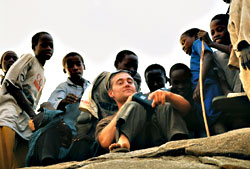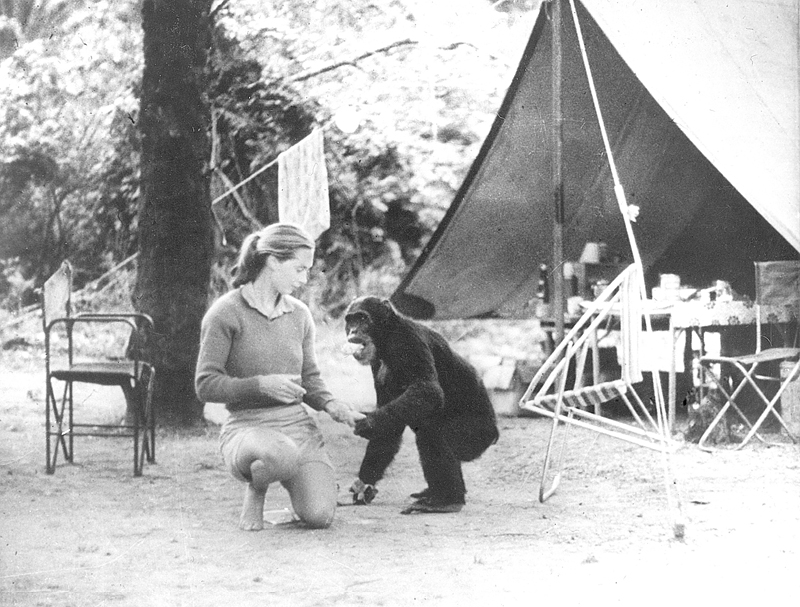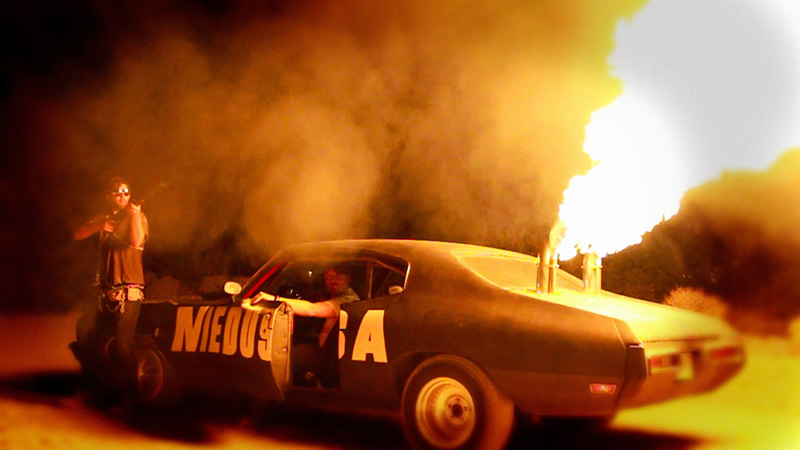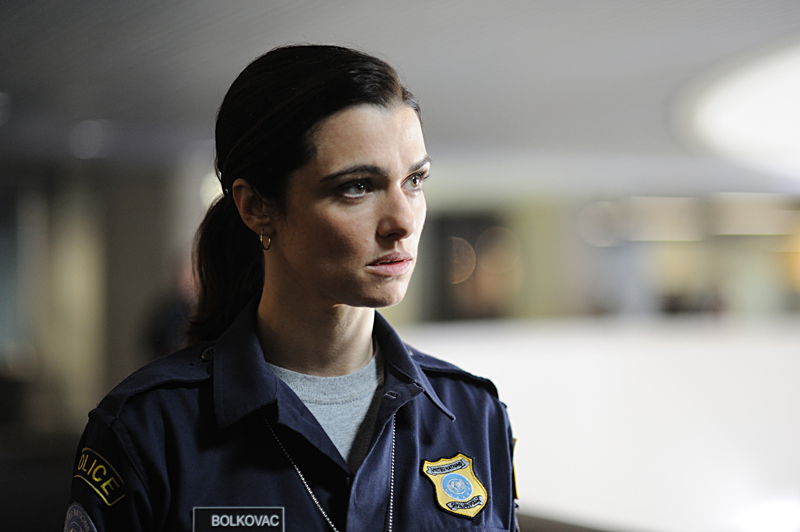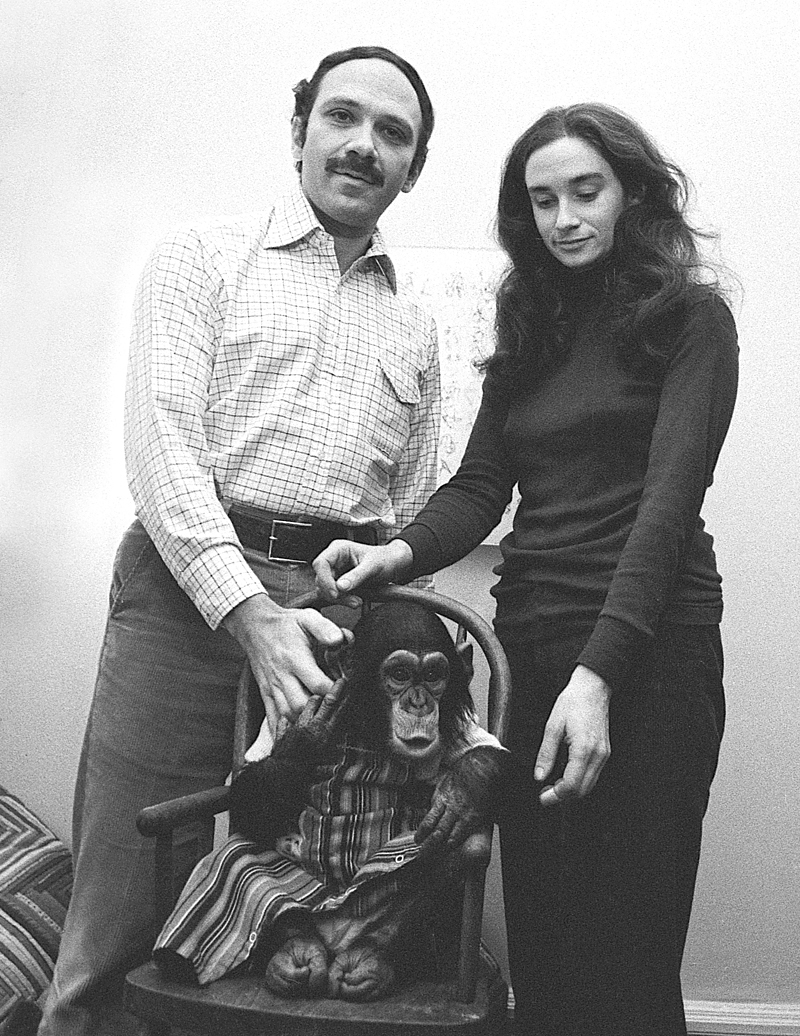The crisis in Darfur—the slaughter of 400,000 black African citizens by the Arab-led Sudanese government and its Janjaweed militia—compels the SIFF-prize-winning Devil to commence in full-on grab-and-shake mode: drums beating as an SUV kicks up dust on a village road, near-subliminal glimpses of charred and mutilated bodies, and a digital-strobe effect obscuring the face of Western compassion—young U.S. Marine-turned-activist Brian Steidle. In 2004, Steidle, then 27, answered an Internet job posting to serve with the African Union as an unarmed military observer, taking photographs while a momentary cease-fire gave way to more ethnic cleansing. The film, which began production after Steidle’s horrific photos appeared in The New York Times, deftly re-enacts his progression from faith to profound disbelief. “If [my] photos were released to the public,” Steidle wrote in an early e-mail message to his sister, “there would be troops here in a matter of days.” In fact, what followed the photos’ publication was a U.S. State Department request for Steidle to stop their circulation. As much as Darfur, the film’s chief concern is whether reminding the Western world of its shameful apathy can motivate change more effectively than the usual tactic of celebrating the few and proud exceptions to the rule.
The Devil Came on Horseback: Darfur, Still on Our Conscience
